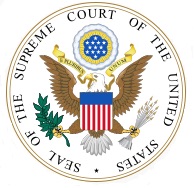Indianapolis; IN – Patent attorneys for Michael Ware, President of SCR Solutions of Madison, Indiana filed a patent infringement suit in alleging H2O Underpressure, Inc., of Dale, Wisconsin infringed provisional patent application no. 61,633,642, MANUAL SCR CATALYST CLEANING METHOD which has been filed with the US Patent Office.
On May 11, 2012, Michael Ware, President of SCR Solutions, filed the Complaint pro se against H20 Underpressure for willful patent infringement. The Complaint alleges that H2O Underpressure infringed, and continues to do, the Manual SCR Catalyst Cleaning Method by using it and selling it to the Duke Energy East Bend Power Plant in Union, Kentucky. SCR Solutions is also alleging that H20 Underpressure had previous knowledge of the ownership of the patent pending process and “conspired to steal and use so without written agreement or intention to compensate the owner” for the sale and use of the Manual SCR Catalyst Cleaning Method. SCR solutions claims to have complied with the statutory requirement of placing notice of the patent on all Manual SCR Catalyst Cleaning Method sells and also giving H2O Underpressure written notice of the infringement. SCR Solutions is seeking to enjoin H2O underpressure from using and selling the Manual SCR Catalyst Cleaning Method by demanding a preliminary and permanent injunction against the continuing infringement and damages.







